For me, the last raspberry is the sweetest. Perhaps bitter sweet. All summer I’ve watered them and kept invasive Japanese Beetles and birds off with netting, and tried to protect them, knowing this time was coming.
I like to record the date of the last raspberry. Over 25 years, the season has moved backwards 3 weeks with warming temperatures. November 15th is the record set just a year ago. This is Minnesota. It makes me quite sad.
I do a little dance each year with the last raspberry that brings me some small form of joy. We play hide and seek. Every day in the fall, I pick a dozen ripe ones for breakfast and the trick is to leave a few to ripen for the next day. I also leave a few for the ants who seem to fill up on berry juices. This may seem counterintuitive, but I believe that these natives may play some role in the health of the berries. Perhaps their underground tunnels make it easier for raspberry roots to spread.* Nature does not create without reason, and diversity is an asset to the survival of all species, even our own. Toward the end of the season, I take the nets off and lose a few to the birds too. I suppose the birds help spread raspberry seeds.
But as the season progresses, the berries get harder to find. At first it’s hard to notice. Just a few less berries each day. Then comes a precipitous drop. They hide under leaves in places I haven’t looked. So it’s a reward when I find the last one. It’s the end of the season. There is nothing I can do. Then comes the sadness.
For those of us that work on slowing the climate crisis, we may have parallel feelings. Things are changing fast and are beyond our control. There is a certain sadness we feel as we watch this change. I believe sadness is anger turned inwards. Anger at the hubris and foolishness of those that control our future, but don’t see our connection to the earth. Or we may temporarily feel energized and rededicate our efforts. Some of us may experience depression as we feel our own helplessness.
With respect to the climate crisis we may go through something similar to the Kublar-Ross five stages of dying: 1) denial, 2) anger, 3) bargaining, 4) depression and 5) acceptance. We may even bounce between these stages. They are all stages of grief.
Grief is a necessary process. In a way, it is a form of love. We grieve the loss of something that makes us feel connected to the world and others. For me, I grieve the loss of the natural world and a future for my grandkids. Will they ever see a Minnesota loon or a moose? Will they have to struggle to feed themselves? Never mind my raspberries. But what are we to do? It can seem overwhelming.
I am no psychologist, but I trust that grieving is a necessary step to moving onward and becoming more resilient. There is a Swedish proverb that my grandmother Carlson used to say, “Shared sorrow is half sorrow, and shared joy is doubled joy.” It’s a place to start. For me it’s talking about what I feel with someone I trust.
The climate crisis is large, scary, long term, and urgent and can seem overwhelming. Each of us can only work on a very small part. We may not even see the fruit of our work. We do this work because it is the right thing to do. The moral thing to do. Whether we succeed or not. Let’s acknowledge that our work is important and together we are powerful. Let us be thankful for each other. We can grieve the losses we face because we are in this together. For each other. For the earth. For our future. We can find joy in this, just as there is joy in the last raspberry.
‘We are all connected. Savor the Earth!’™
Hobie,
L. Hobart Stocking
SkyWaterEarth.com
hobart@skywaterearth.com
651-357-0110
Facebook: @SkyWaterEarthConnected
Twitter: @SkyWaterEarth
* A day after I wrote this post, a friend sent me an email on an article describing how ants may prevent disease in plants by spreading natural antibiotics through their secretions. There is wonder in nature. Here’s the link: https://scienmag.com/ants-fight-plant-diseases/

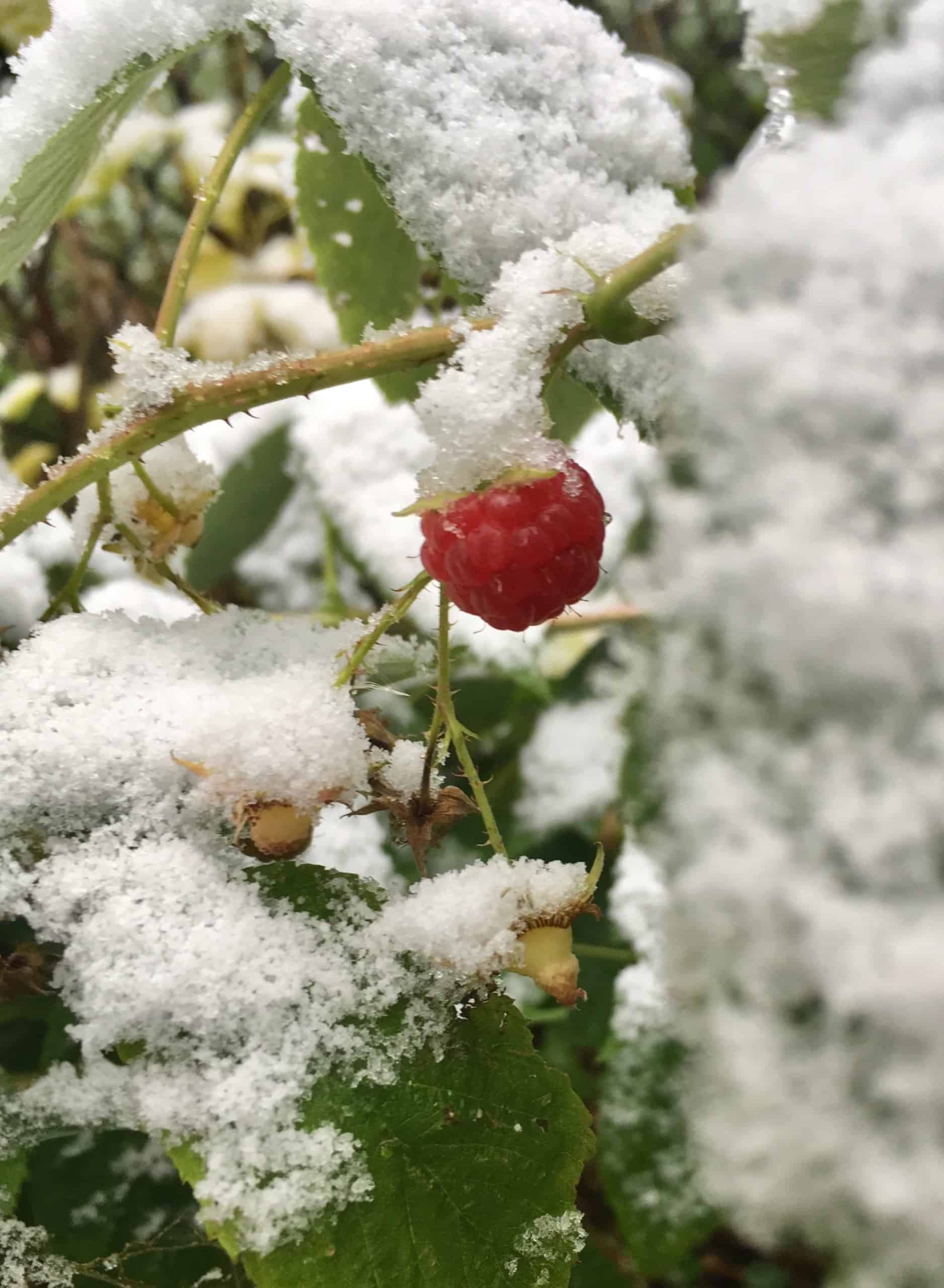

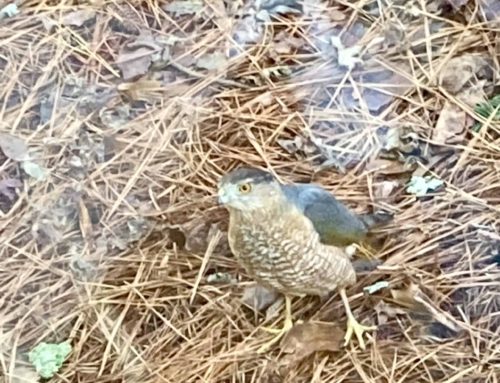
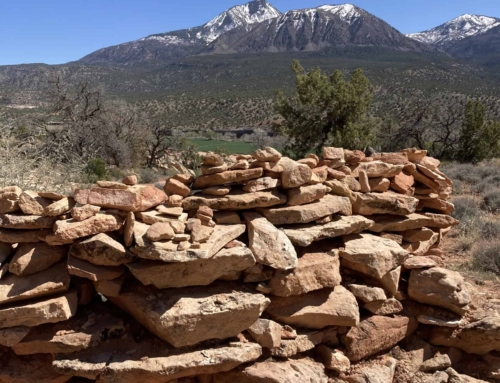
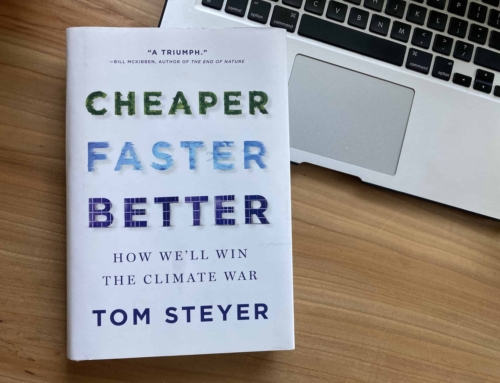
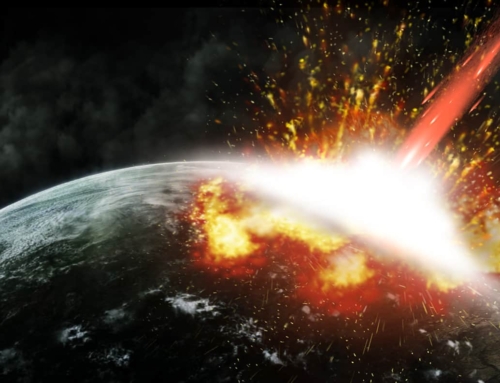
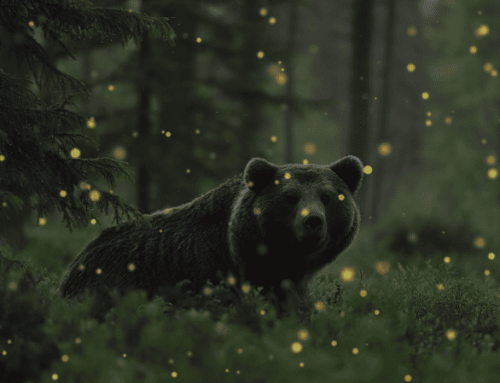
Leave A Comment